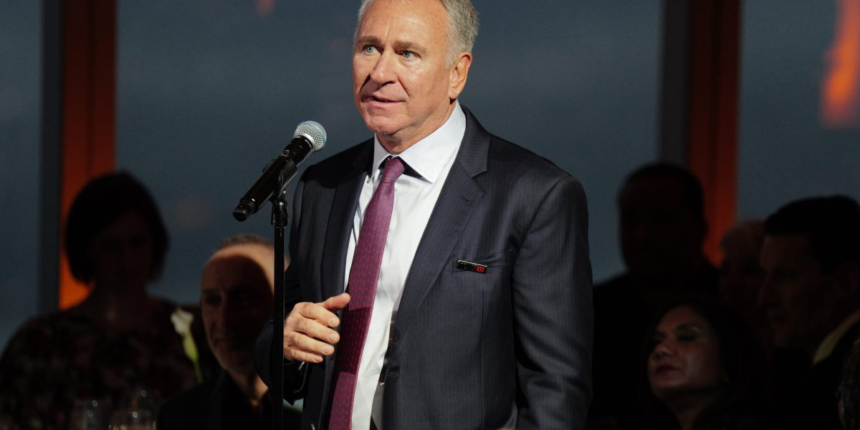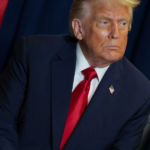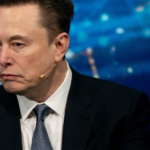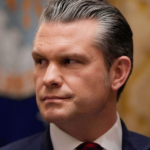This has included warning the White House against intervening too closely with central bank policy, and raising questions about some aspects of tariff policy. And this is where the hedge fund billionaire has raised further questions this week, making it clear he doesn’t believe preferential treatment should be showed to America’s biggest businesses.
The revolving door of Magnificent Seven CEOs coming through the White House is perhaps to be expected with a businessman in the Oval Office, but Griffin warned potential preferential treatment of certain companies shouldn’t be encouraged.
Griffin added he had “nothing against Tim Cook,” explaining: “Tim Cook’s doing what he as CEO should do vis-à-vis his shareholders, but when the state becomes involved in picking winners and losers, there’s only one way this game ends. All of us lose.”
There’s also the question of how future administrations might view businesses that have become so deeply entrenched with the Trump team. Would a future Democratic president, for example, seek to right-size a business that they felt was given preferential treatment in the past?
“Now you’re going to end up in—if you’re out of favor with the next administration—what will they ask you to pay to do business abroad?” Griffin asked. “With each administration are you going to find corporate America having to cut new deals with a new administration about their terms and business dealings abroad?”
And while business booming for some of the biggest companies in the U.S. can mean good things for the man on the street—more jobs in a weakening labor market being one of them—Griffin was careful to frame the conversation of tariffs around equity.
He said: “We are bringing in money, remember … In some senses it’s a national sales tax, and the incidence of tax is therefore disproportionately high on lower-class and middle-class America. Keep that in mind, this tax is paid for disproportionately as a percentage of household income by those who can least afford to pay it.”









